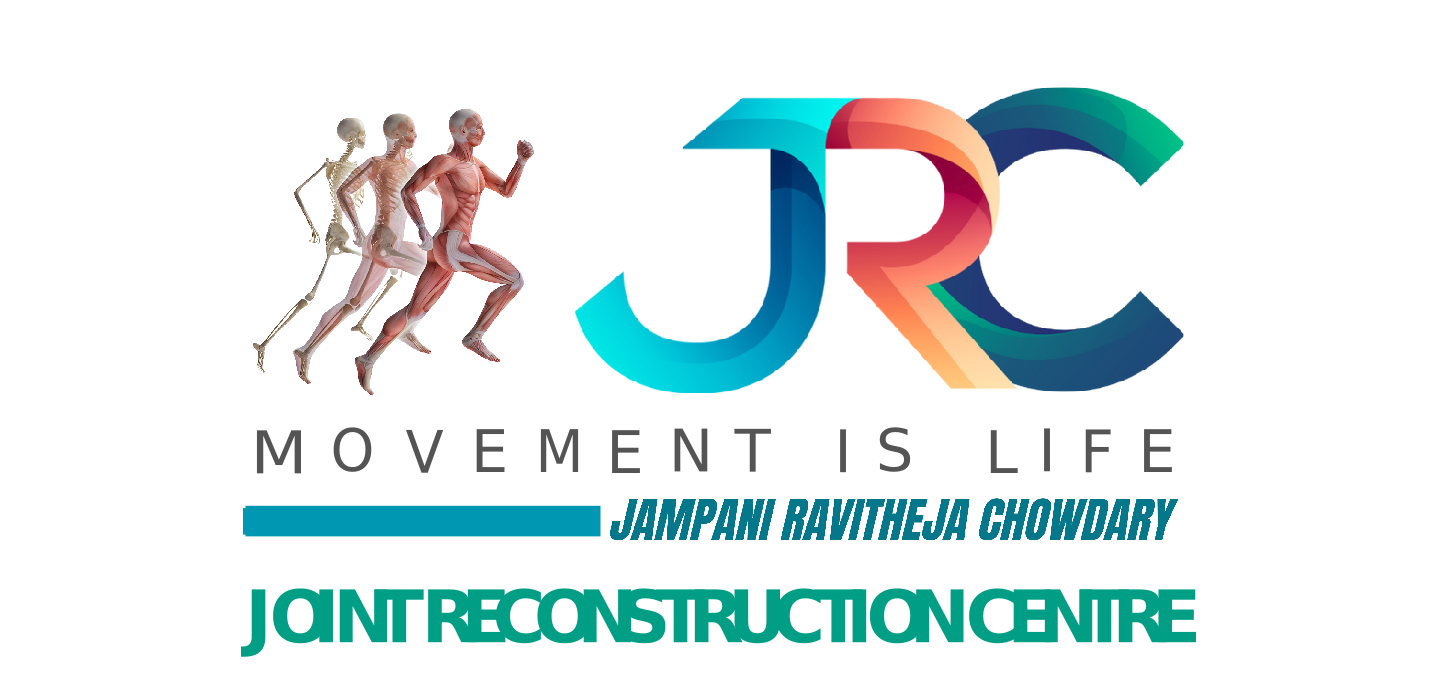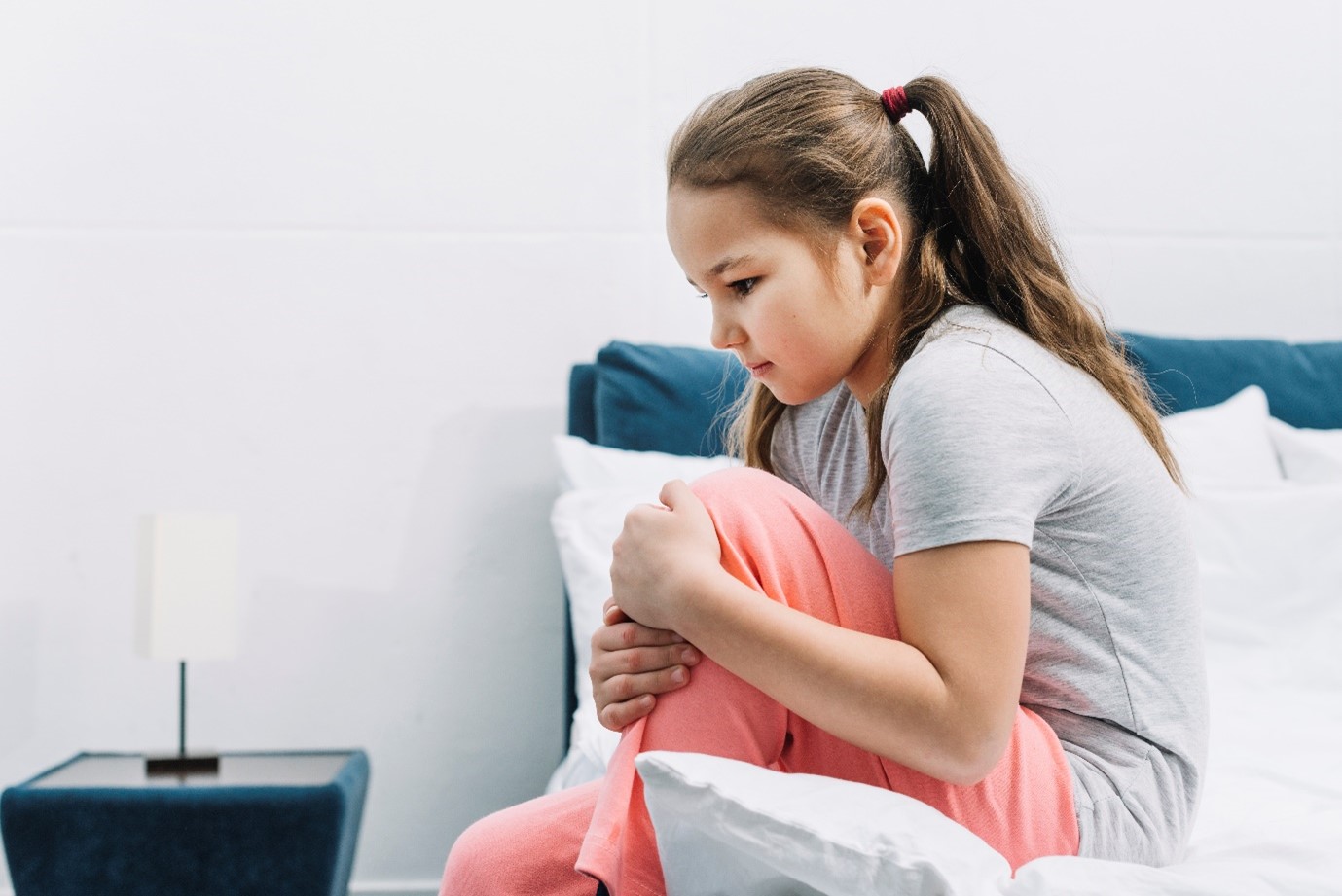Juvenile Idiopathic Arthritis (JIA) is a chronic autoimmune condition that affects children and adolescents, causing inflammation in the joints. This condition can significantly impact a young person’s quality of life, including their ability to participate in everyday activities, play sports, or enjoy time with friends. Understanding JIA is essential for parents and caregivers to provide the best possible support and care for affected children.
What Are the Symptoms of Juvenile Idiopathic Arthritis?
The symptoms of JIA can vary from child to child but often include:
Joint Pain and Swelling: Affected joints may become painful and swollen, especially after prolonged periods of inactivity.
Stiffness: Children may experience stiffness in the morning, making it difficult for them to get out of bed or participate in activities.
Fatigue: Chronic pain and inflammation can lead to significant fatigue and decreased energy levels.
Fever and Rash: Some forms of JIA may be accompanied by fever and a rash, which can be concerning for parents.
Recognizing these symptoms early on is crucial for prompt diagnosis and treatment, which can help manage the condition effectively.
What Causes Juvenile Idiopathic Arthritis?
The exact cause of JIA remains unclear, but several factors may contribute to its development:
Genetic Predisposition: A family history of autoimmune diseases may increase the risk of JIA in children.
Environmental Triggers: Infections or other environmental factors may trigger the onset of JIA in genetically susceptible individuals.
Immune System Dysfunction: In JIA, the immune system mistakenly attacks the joints, leading to inflammation.
While there is currently no cure for JIA, early diagnosis and comprehensive treatment can help manage symptoms effectively.
How Is Juvenile Idiopathic Arthritis Diagnosed?
Diagnosing JIA typically involves several steps:
Medical History and Physical Examination: A doctor will assess symptoms, family history, and conduct a physical examination.
Blood Tests: Tests may be done to check for inflammation markers and rule out other conditions.
Imaging Studies: X-rays or MRI scans may be conducted to evaluate joint damage and inflammation.
Working closely with a healthcare provider can ensure an accurate diagnosis and tailored treatment plan.
What Treatment Options Are Available for JIA?
While there is no one-size-fits-all treatment for JIA, several options can help manage symptoms:
Medications to reduce inflammation and pain.
Physical Therapy: Engaging in physical therapy can help maintain joint mobility and strength.
Lifestyle Changes: Encouraging regular exercise and a healthy diet can contribute to overall well-being.
How Can Parents Support Their Child with JIA?
Parents play a crucial role in managing their child’s condition. Here are some ways to support a child with JIA:
Educate Yourself: Understanding JIA empowers parents to make informed decisions about treatment and lifestyle changes.
Encourage Open Communication: Encourage children to express their feelings about their condition and treatment.
Promote a Positive Outlook: Fostering a positive attitude can help children cope with the challenges of living with JIA.
Juvenile Idiopathic Arthritis can pose challenges for affected children and their families, but with early diagnosis, effective treatment, and a supportive environment, children can lead fulfilling lives.
If you suspect your child may have JIA, don’t hesitate to consult Dr. Jampani Ravi Theja for a thorough evaluation and personalized care plan. Understanding and addressing JIA is a collaborative effort that can make a significant difference in your child's quality of life.


